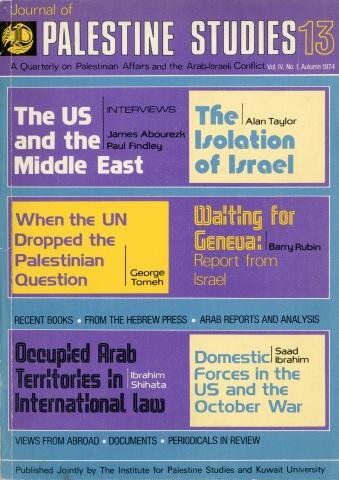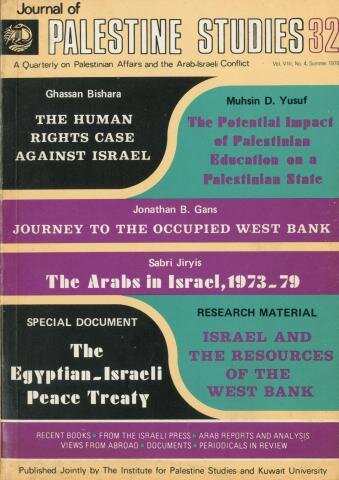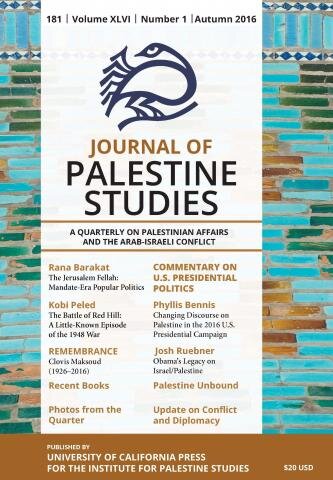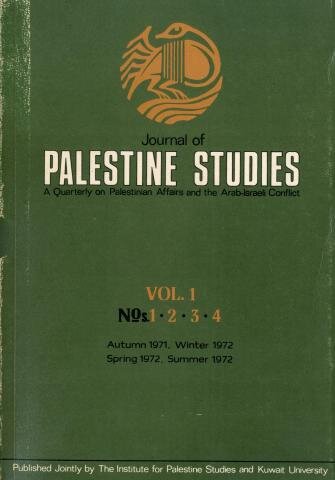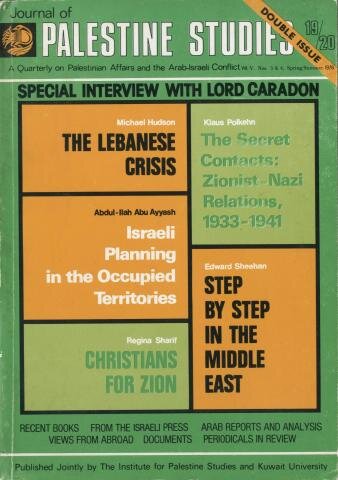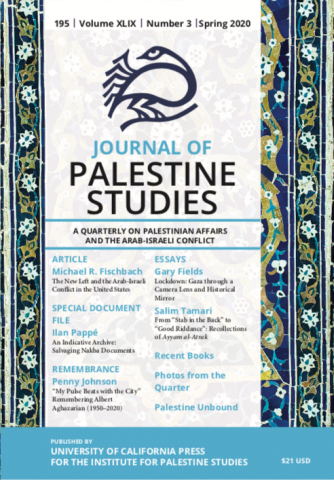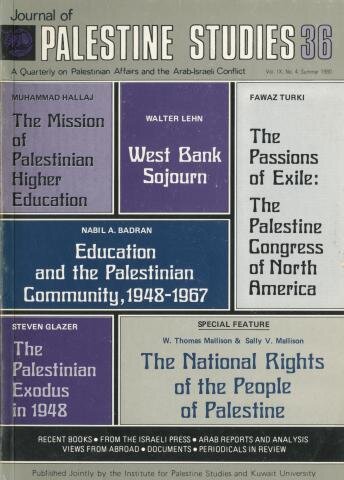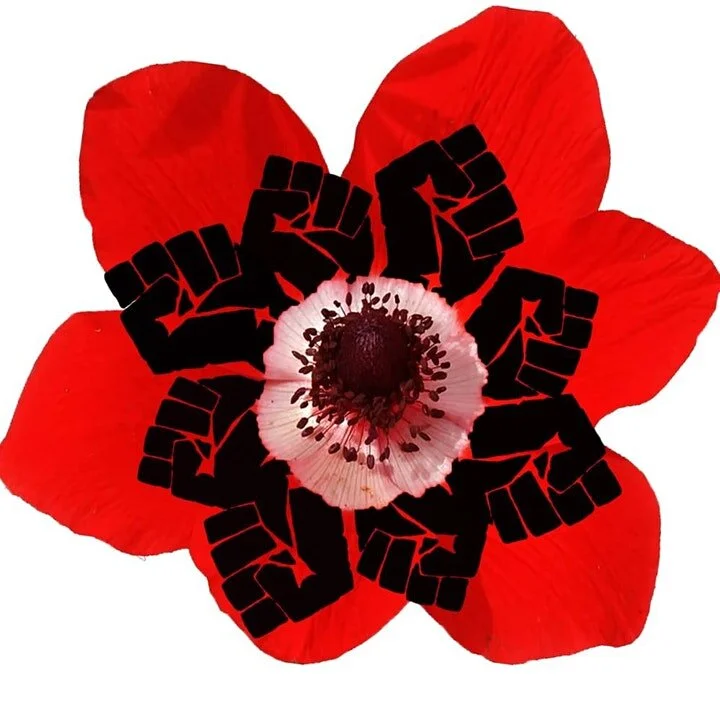Land Rights in Palestine and South Africa (1880 – 2022): between Ideological Imaginaries and Creative Reclamation
A Virtual Workshop
Organized by The Palestinian Museum
Submission Deadline: 18 November 2021
An ongoing creative research project between the Palestinian Museum’s Research Program and the School of Architecture, Planning & Geomatics at the University of Cape Town, considers the historical similarities and peculiarities of the systematic regime of human rights violations and land confiscation of the segregationist policies in South Africa and the Israeli Occupation of the Palestine Territory.
Through workshops, mobility exchange and creative transfer, the objective is to bridge between a museographic approach on preserving, documenting and exhibiting the history of spoliation of the landscape, and a design-based approach on how to conceptualise and exhibit the transformation of the topography of occupation. The project aims to support the production of creative research and interventions that promote intercultural dialogue in public space, facilitate opportunities for exchange in museum and institutional environments, with the eventual publication and production of research findings and interventions made accessible to a diverse audience interested in the conflictual relationship between ideological authority, political power and land as a human right.
As a first public step of the research project, the workshop “Land Rights between Ideological Imaginaries and Creative Reclamation” invites contributions from artists, students, researchers, cultural practitioners and institutions in Palestine, South Africa and their diasporas, to assist in framing focuses on reclaiming the collective landscape of Palestine by overcoming colonial boundaries that fragment the map through artistic practices and research. We are interested in surfacing the complex layering of memory, belonging and identity embedded in land and how these are entangled with ideological inscriptions of territory. More specifically, and in light of the continuing land violations, how Palestinians overcome political and geographical fragmentation on metaphorical and tangible levels vis-à-vis the ideologies which hold the land hostage to zero-sum prophecies and violently transform maps into multi-layered projections of historical violence.
Over the 4-day workshop to be held on Wednesday 8th, Thursday 9th, Monday 13th and Tuesday 14th of December 2021, we aim to collectively shape the focus of the research inquiry and the creative modes of engagement. Please send the following to research@palmuseum.org. Please add Land Rights to the email subject:
- CV
- An abstract of 200 words
- Short bio
- Project relevant visual material
Kindly confirm your ability to attend the virtual workshop days on Wednesday 8th, Thursday 9th, Monday 13th and Tuesday 14th of December



